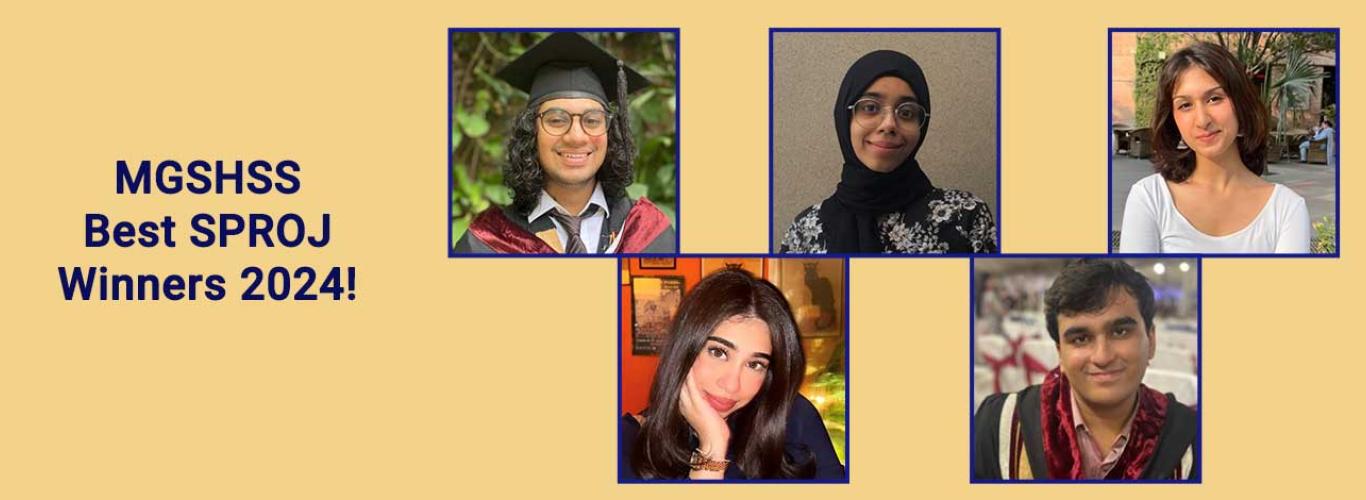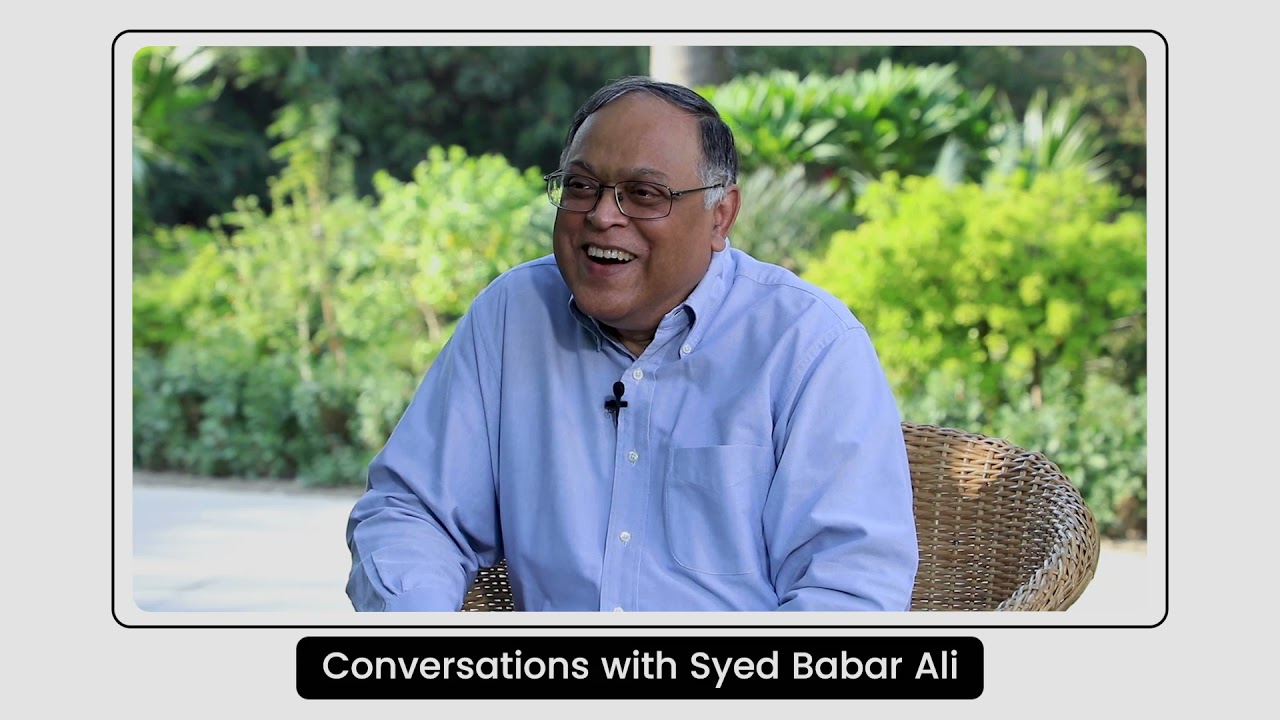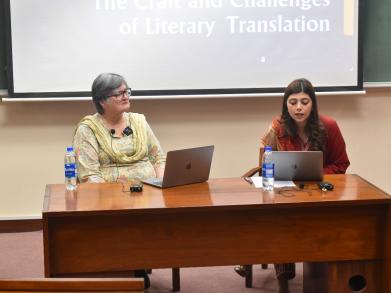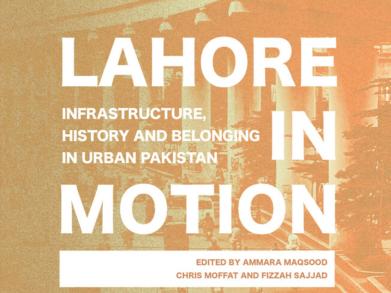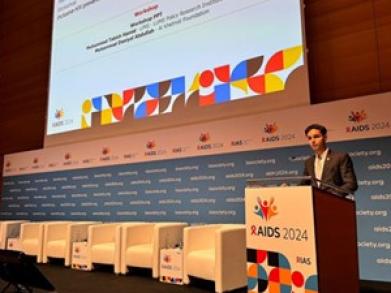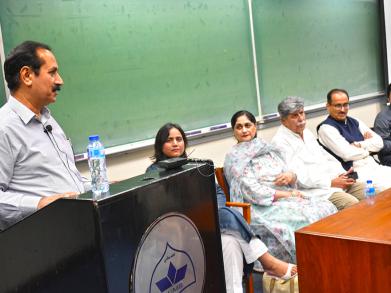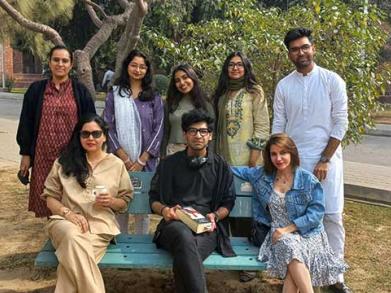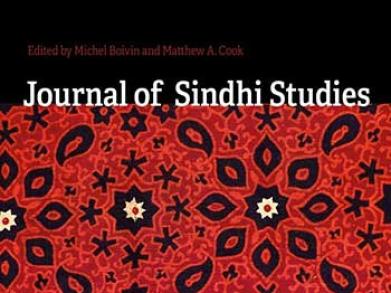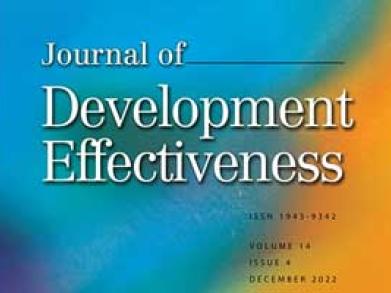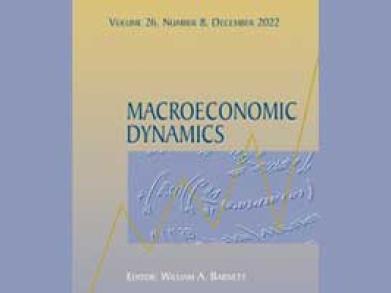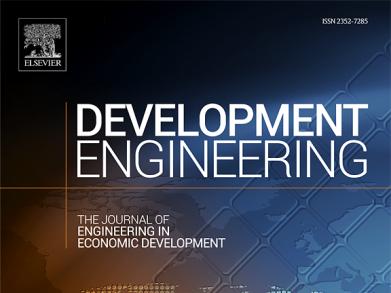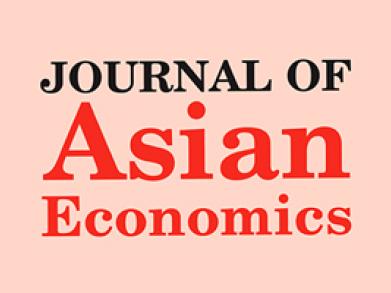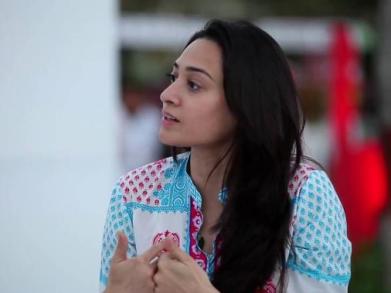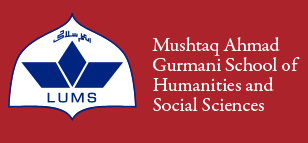MGSHSS Best SPROJ Winners 2024!
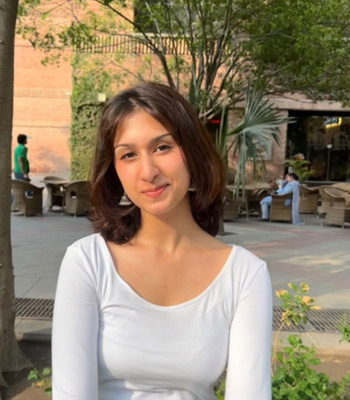
Aman Saqib Qazi from the History Major delved into the fascinating intersection of psychoanalysis and colonial India.
Her project explored how psychoanalysis was practiced in colonial India, uncovering a Bengali Freud, psychoanalytic short stories, and Urdu psychology journals infused with nationalist fervor. By tracing the spread of psychoanalysis during a time of rising nationalist tensions leading up to Partition, Aman's research demonstrated the complex interplay between the psychological and national identities of Indian colonial subjects.
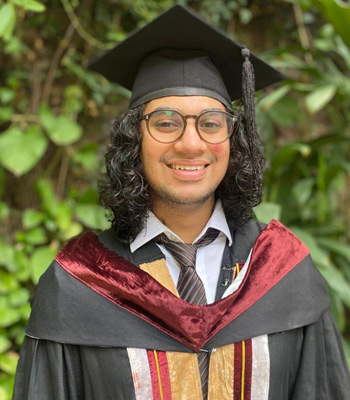
Abrahim Iqbal Khan, a major in Comparative Literary and Cultural Studies (CLCS), produced a project, titled "FAJR," which was a creative journey from an original short story to a fully realized screenplay and short film. The film centers on Faraaz, a young man who sneaks out at night to hang out with his friends, all while grappling with anxiety over his mother's potential discovery. Told in two timelines, "FAJR" explores themes of anxiety, youth, parenthood, and the loss of innocence.

Alina Tariq, a Political Science major, whose research delves into the portrayal of Muslims in Bollywood films and its impact on Indian national identity amidst rising Hindu majoritarianism. Grounded in Edward Said’s theory of Orientalism, she conducted a narrative analysis of selected films, uncovering a trend where Muslims are often depicted as the demonized 'Other.' This narrative aligns with the political rise of the BJP and the post-9/11 communal politics, categorizing Muslims as either 'bad' or 'good' based on their conformity to a Hindu-centric national identity. Alina's work sheds light on how Bollywood films contribute to the socio-political marginalization of Muslims, serving as a potent agent of cultural and nationalistic discourse.
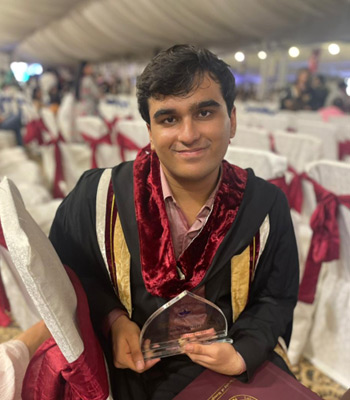
Syed Ehtesham Ahmed Rehmani, an Anthropology & Sociology major whose research focuses on modern Muslim engagements with the sacred, particularly through the lens of funerals, burials, and graveyards. His ethnographic work delves into the experiences of those working at and living in Miani Sahib graveyard, exploring the rituals, affective dealings, and undertakings involved in people's experience of death. This project offers a profound insight into the cultural and social dimensions of sacred practices within the community.

Dua Zehra has won the Razia Waseem Award for producing the best Senior Project from the English Major! Dua's project, titled "The Vice District: Literary Construction of Heera Mandi in Contemporary Pakistani English Novels," delves into the spatial and cartographic politics shaping the literary depiction of Heera Mandi. Focusing on two novels, The Return of Faraz Ali by Aamina Ahmad and Skyfall by Saba Karim Khan, Dua explores how Lahore is portrayed as a city marked by violence and moral vices, specifically through the lens of Heera Mandi. Her research highlights the ideological tensions this district poses to the Pakistani state's national identity, positioning its inhabitants as the 'other.' By employing Lefebvrian theories on spatial construction, Dua's study reveals how the district's proximity to iconic landmarks like the Badshahi Masjid and Minar-e-Pakistan heightens its perceived threat within the national imagination.

